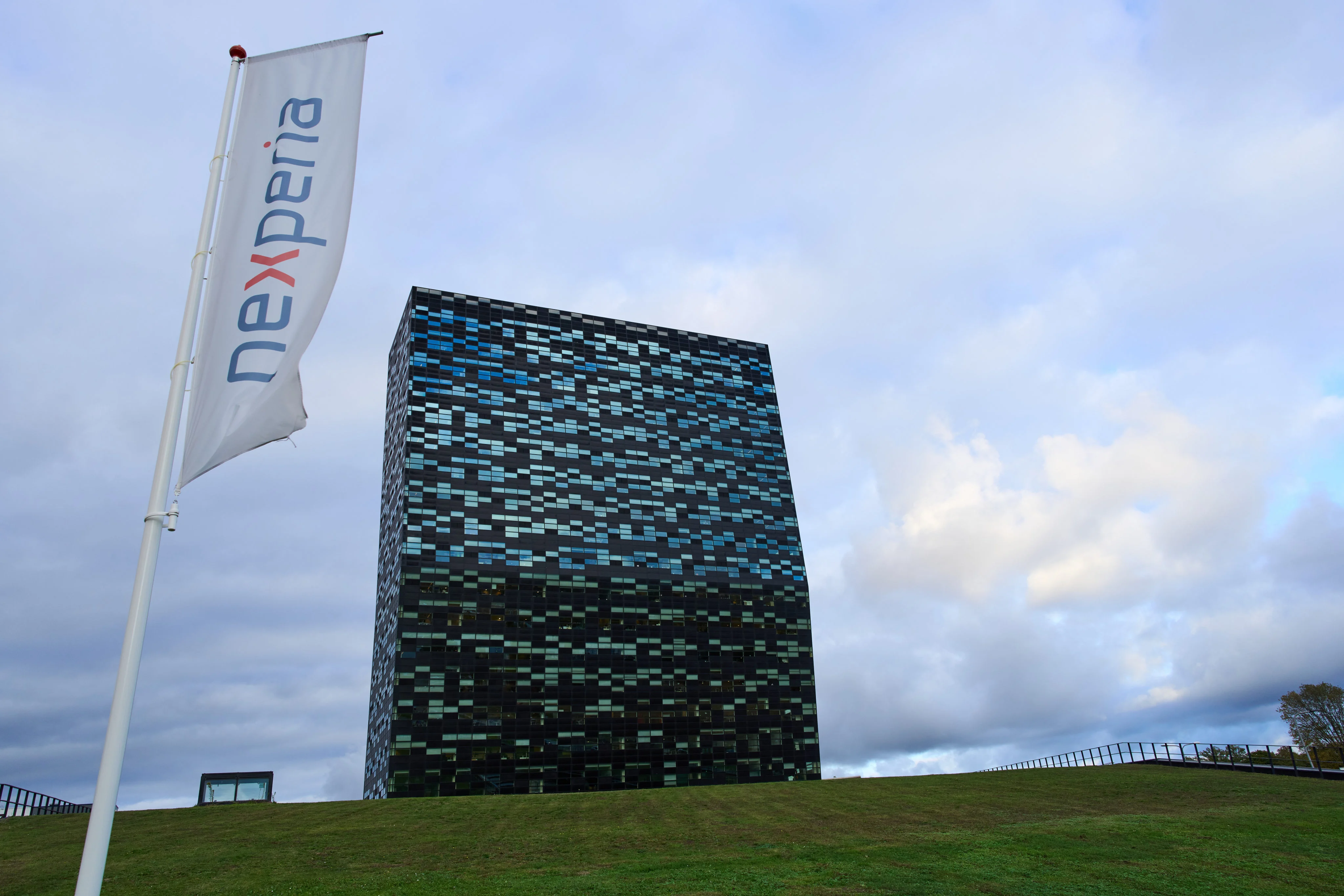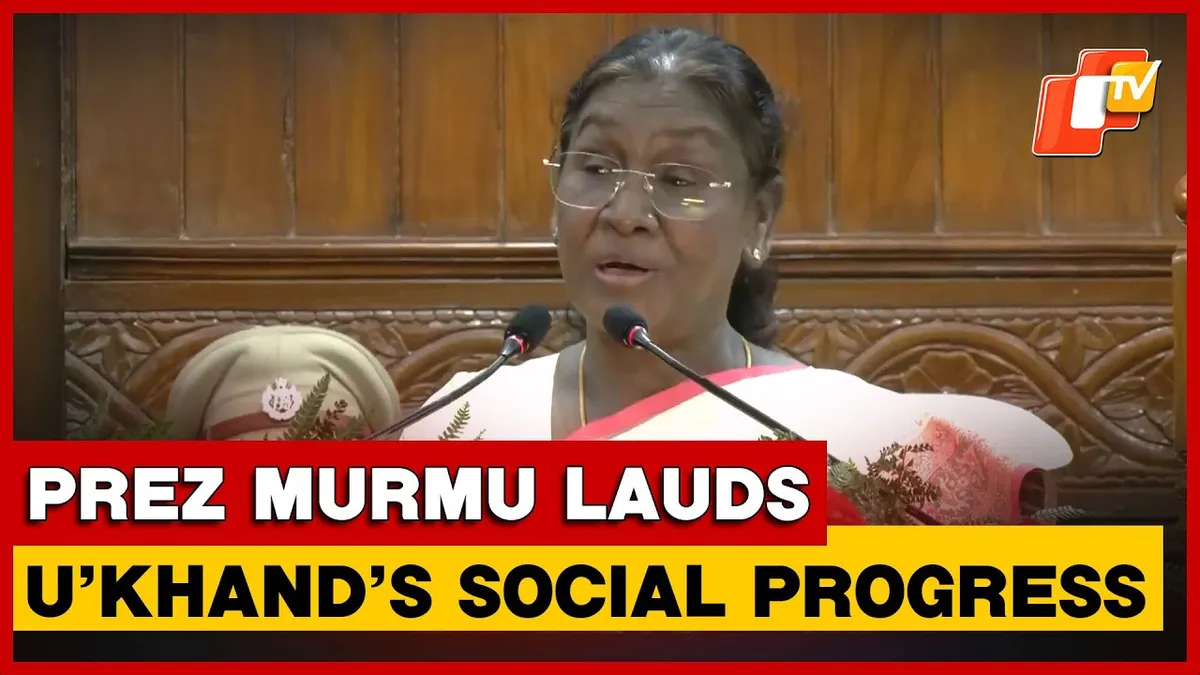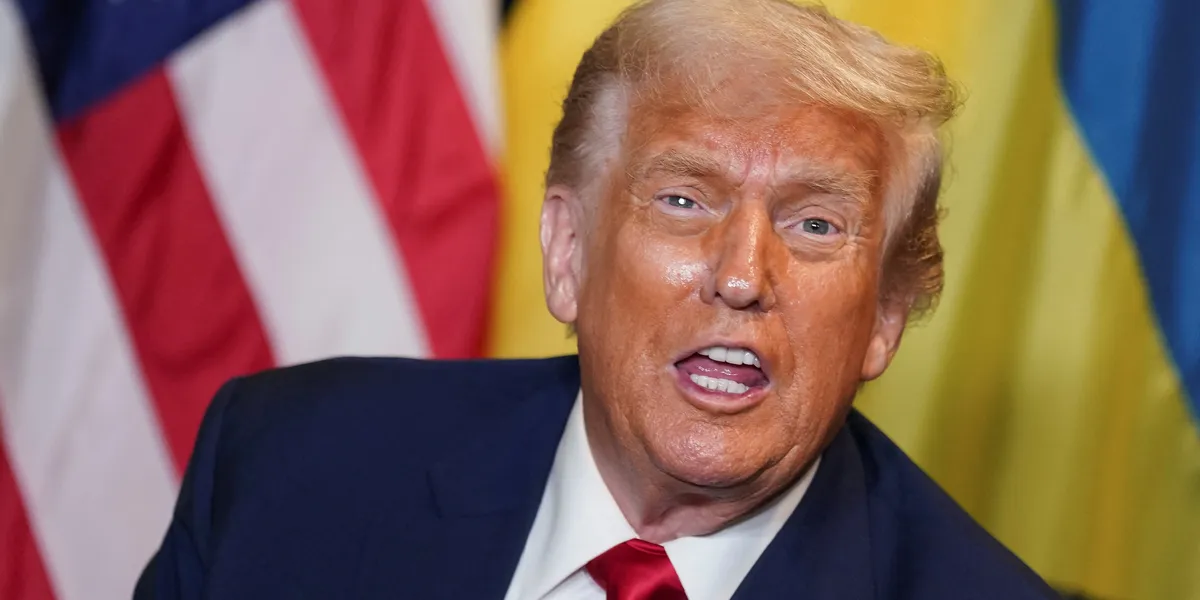Copyright scmp

The European Commission says a “worst-case scenario” has been averted after China’s commerce ministry engaged with European companies in recent days to restart the flow of semiconductors that had been disrupted by a crisis surrounding the company Nexperia. The saga, which saw the Dutch-headquartered company cut off from its Chinese processing facilities following a dispute between The Hague and Beijing, threatened to throw Europe’s automotive industry into disarray. Dutch authorities ousted the Chinese-owned company’s management on September 30, claiming that they had become aware of plans to move production of one of Europe’s premier chipmaking facilities to China. Unsealed Dutch court documents showed that the US government had threatened to add Nexperia’s Netherlands subsidiary to a blacklist on October 1 unless the Chinese management was removed, prompting rampant speculation as to how much pressure from Washington informed The Hague’s unprecedented intervention. In response, Beijing put restrictions on what Nexperia products could be shipped out of the country, where 70 per cent of the company’s chips – vital to car manufacturing – are processed and tested, sending panic through European industry. Nexperia supplies chips to nearly every major European carmaker, producing tens of billions annually. While its chips are not considered cutting edge, they have been described as the “salt and pepper” of semiconductors, integral to the industry’s health. “Industry indications are that Mofcom has been engaging with EU companies in recent days to restore the partial flow of chips. This is a welcome development, which avoids a worst-case scenario and creates time and space for China and the Netherlands to find a stable, lasting solution,” EU trade spokesman Olof Gill told the Post on Tuesday. “We welcome the constructive approach shown by the Netherlands and China,” he added. Business sources said that Mofcom has requested that EU companies get in touch if they require chips, but cautioned that there was no clarity as to how smooth the process would be. Industry is already reeling from long delays in the ministry’s granting of licenses for rare earth exports. While Gill would not comment on what galvanised the development, it came days after the White House published a statement claiming the crisis was resolved during a US-China leaders summit last Thursday. “China will take appropriate measures to ensure the resumption of trade from Nexperia’s facilities in China, allowing production of critical legacy chips to flow to the rest of the world,” read the White House fact sheet on Saturday. Earlier on Saturday, China’s commerce ministry had said it would consider granting some licenses from Nexperia under its export controls regime. However, a fresh ministry statement on Tuesday berated the Dutch government for failing to show a “constructive attitude”, potentially escalating the global semiconductor supply chain chaos. European diplomatic sources read the ministry’s statement as an effort to ensure Beijing got the best possible outcome from negotiations, which they said were ongoing. The sides are engaged in a “war of words”, said one diplomat, with everyone trying to “spin their version” of events into existence. Nonetheless, should semiconductors begin flowing again, the global auto industry will breathe a sigh of relief, regardless of what kick-started the trade. Around Europe, Latin America and East Asia, car companies and their suppliers have been warning for the past week that production may grind to a halt without a diplomatic resolution. The Dutch government took the unusual step of seizing control of Nexperia from its Chinese owners a day before the company was due to be added to the US entity list, citing national security concerns and invoking a law that had been sitting idle since 1952. After Beijing introduced its export controls, the European fabrication facilities under the Dutch chipmaker’s head office suspended the supply of wafers to its Chinese units in late October, exacerbating the supply chain crunch. Nexperia is a critical supplier of legacy semiconductors, particularly for automotive and industrial applications. It does not produce cutting-edge chips, but hundreds of its products are contained in every car made in Europe. On Tuesday, German car part giant Bosch became the latest company to warn that the Nexperia crisis had disrupted production in manufacturing sites in Germany and that employees were at risk of reduced working hours. Gill said that the commission’s “engagement to find such a solution will continue, led by Commissioner Maros Sefcovic, aiming to fully restore supply chain functioning, while respecting EU economic security”. The chip crisis emerged as the EU was already under pressure from China’s export restrictions on rare earth elements and magnets, which are vital to hi-tech manufacturing. Introduced in April as a response to Trump’s early trade war tariffs, the licensing requirements also led to production disruptions that were subsequently compounded by the Nexperia issue. After a full day of talks about export controls in Brussels on Friday, senior officials from the EU and China spoke again on Tuesday by phone “and committed to further engage on licensing facilitation measures, including discussing general licenses”, Gill said. Following the US-China summit in South Korea last week, Trump claimed to have secured a “de facto” end to all Chinese critical mineral controls, including historical restrictions dating back to 2022. Beijing confirmed that its most recent expansion of its export controls regime, introduced last month, would be suspended for one year, with the US also committing to suspending the expansion of its entity list that would have penalised Nexperia. The Dutch-headquartered firm’s parent company Wingtech was added to the broader entity list last year.



